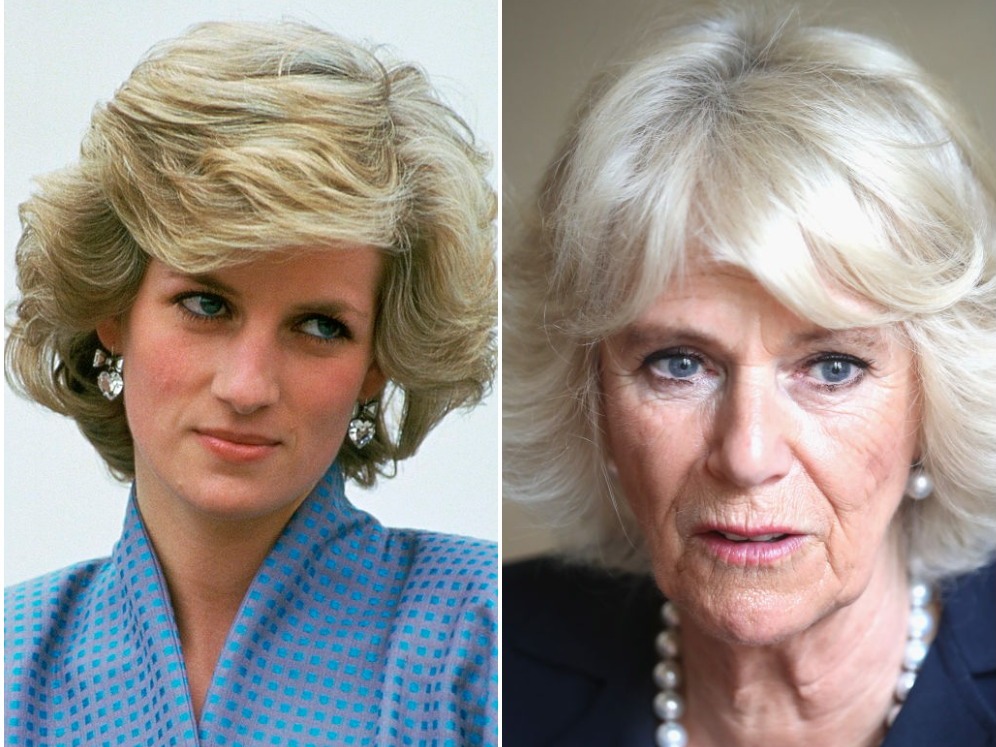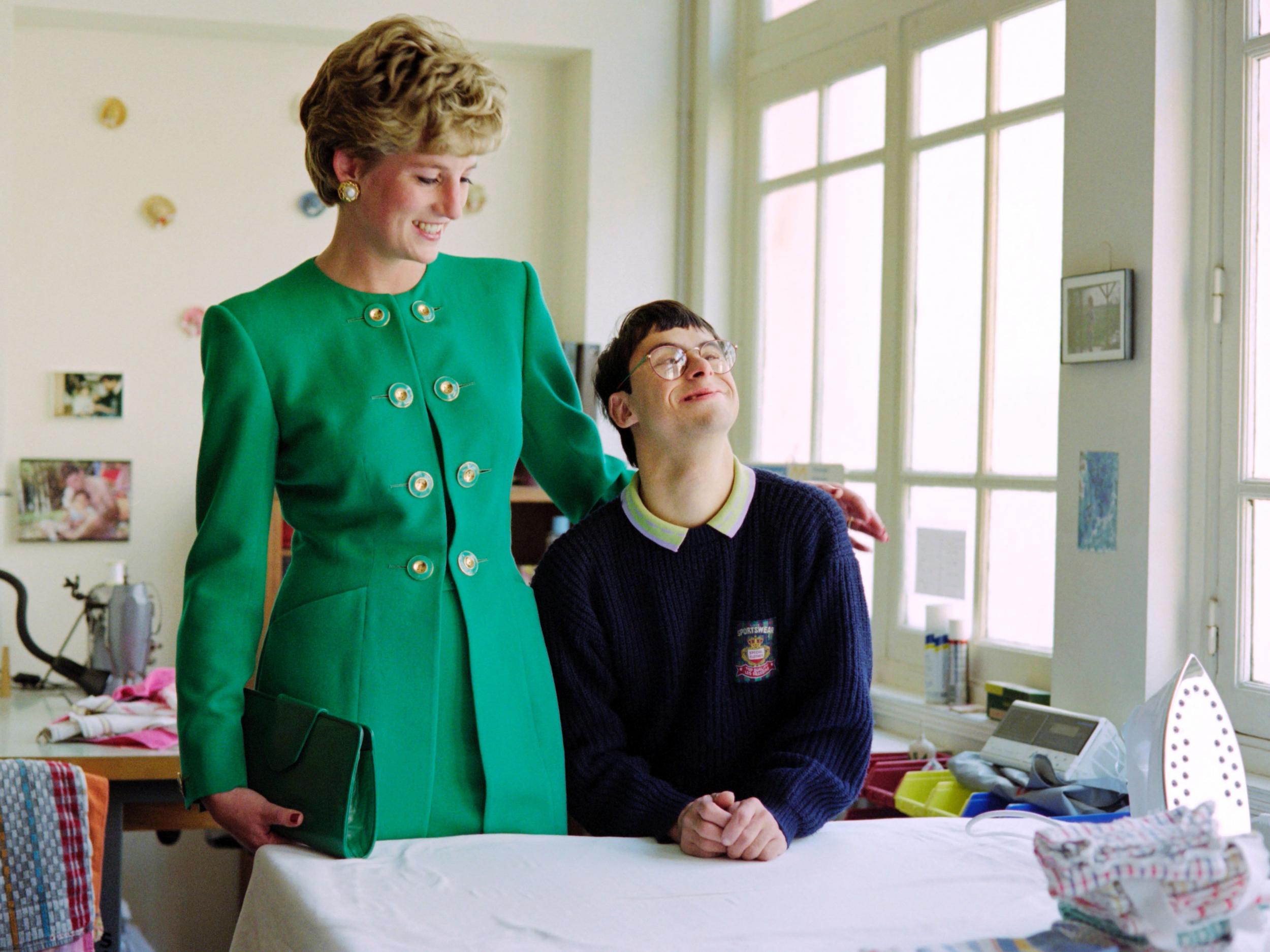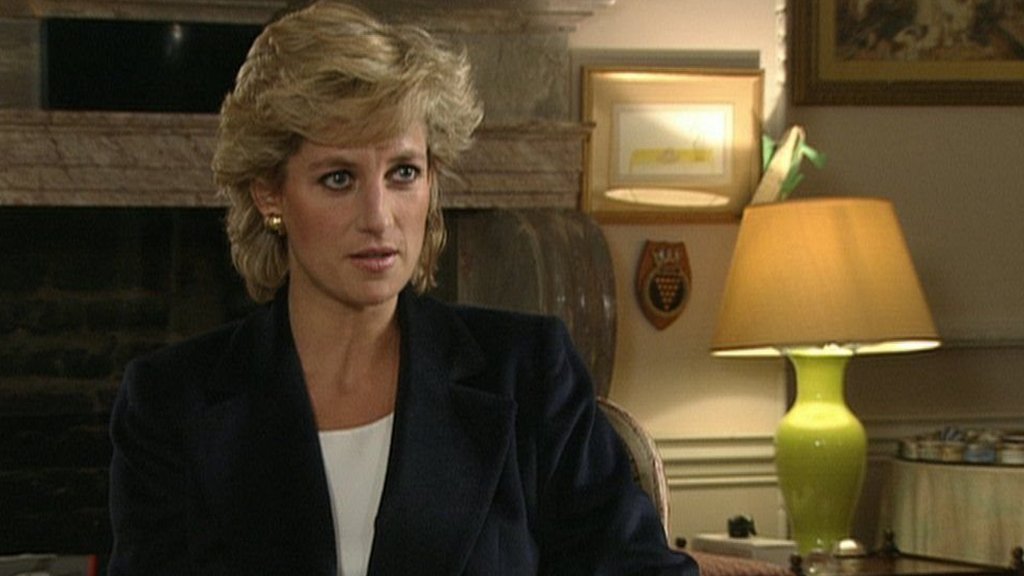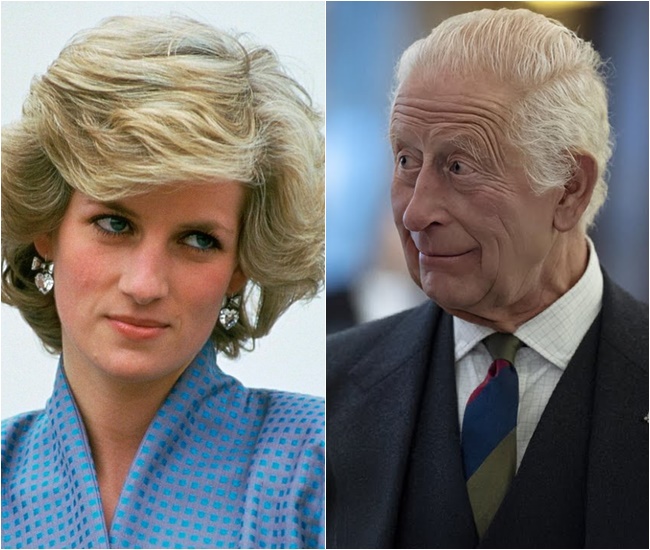Princess Diana, remembered globally as the “People’s Princess,” continues to influence public discourse decades after her passing. Known for her compassion, humanitarian work, and groundbreaking candor, Diana reshaped how the British Royal Family was perceived by the world. Among her most widely discussed contributions was the now-famous 1995 interview with BBC journalist Martin Bashir, during which she offered rare insight into her personal experiences within the monarchy.
As King Charles III now serves as the reigning monarch, some of Diana’s past remarks have resurfaced in public conversations—not as conspiracy or criticism, but as reflections of a deeply personal journey and a time of great transformation within the Royal Family.
Diana’s 1995 BBC Panorama Interview: A Historic Moment
On November 20, 1995, Princess Diana appeared on BBC Panorama for an interview with Martin Bashir. This interview—viewed by over 20 million people in the UK alone—was unprecedented for its openness. Diana candidly discussed her marriage to then-Prince Charles, her struggles with mental health, and her experiences with the press.
“There were three of us in this marriage, so it was a bit crowded,” she said—an often-cited line referencing the relationship between Charles and Camilla Parker Bowles (now Queen Camilla).
Source: BBC Archive
Diana also acknowledged her own vulnerabilities and spoke of feeling isolated within the Royal Household. Her honesty marked a turning point in public engagement with the monarchy and is still regarded as a landmark in modern royal history.

Diana’s Comments on Institutional Challenges
During the same interview, Diana mentioned feeling unsupported by the institution and alluded to a lack of empathy from some members of the royal establishment. Her statements were not accusations of wrongdoing but rather expressions of her emotional experience in navigating life within an ancient and rigid institution.
Although some of her remarks were interpreted as critiques of Prince Charles, Diana never directly questioned his capabilities as a future king. Instead, she focused on her personal challenges and the emotional cost of being a public figure under constant scrutiny.
Diana’s Humanitarian Impact and Public Empathy
Diana’s legacy is best defined by her humanitarian work. She played a pivotal role in raising awareness for causes such as HIV/AIDS education, the ban on landmines, and homelessness. Her approach was personal, hands-on, and emotionally resonant with the public.
Her direct interaction with patients, especially at a time when stigma around HIV/AIDS was high, broke royal norms and helped shift public perception.

King Charles III and a Modernized Monarchy
Since ascending the throne in September 2022, King Charles III has sought to modernize the monarchy while honoring tradition. His commitment to environmental causes, sustainable development, and interfaith dialogue has shaped his public image.
As Prince of Wales, Charles established the Prince’s Trust, which has supported over one million young people since its founding in 1976.
Source: The Prince’s Trust
While leadership styles naturally vary, there is no public evidence suggesting significant discord among the current royal household. In fact, under King Charles’s reign, the Royal Family continues to adapt to societal expectations with more transparency and streamlined duties.

The Role of the Media and Royal Narratives
Princess Diana’s interview with the BBC was later subject to investigation. In 2021, an independent report led by Lord Dyson concluded that journalist Martin Bashir had used deceptive tactics to secure the interview.
The BBC publicly apologized, stating, “We are very sorry for the way in which Princess Diana was deceived and the impact this had on her life.”
Source: BBC Dyson Report 2021
This has led to renewed scrutiny of how the media interacts with members of the Royal Family and reinforced calls for ethical journalism when reporting on public figures.

Public Interest in Diana’s Words: A Legacy of Reflection
Diana’s statements from the 1990s are not prophetic warnings but poignant reflections from a woman navigating immense public and private pressures. They offer insight into the emotional challenges she faced and help contextualize broader conversations about empathy, leadership, and modern monarchy.
Her message—about compassion, openness, and human dignity—remains universally relevant. Diana never claimed to be a political voice or an institutional critic. Rather, she spoke from a place of personal experience and emotional honesty.
Why Diana Still Matters Today
The late Princess continues to serve as a symbol of emotional authenticity in public life. Her legacy is carried forward by her sons, Prince William and Prince Harry, who have both championed causes related to mental health, veterans’ support, and global development.
Prince William has co-founded the Heads Together campaign, aimed at ending stigma around mental health.
Prince Harry has led the Invictus Games, supporting wounded servicemen and women.Sources: Royal Foundation, Invictus Games Foundation
These efforts highlight how Diana’s values continue to shape the Royal Family’s approach to service and public life.

Conclusion
Princess Diana’s words, especially those shared in her landmark 1995 interview, continue to resonate not as condemnation but as a heartfelt expression of vulnerability and truth. With her passing, the world lost a deeply empathetic figure. However, her legacy endures in the form of ongoing humanitarian efforts and evolving royal transparency.
Rather than viewing Diana’s insights as warnings, it is more appropriate—and historically accurate—to understand them as emotional truths voiced during a time of great personal upheaval. In honoring her memory, it is essential to rely on verified sources and uphold standards of respectful and truthful reporting.
Verified Sources Used:
- BBC Panorama 1995 Interview
- BBC Dyson Report 2021
- The Royal Family Official Website – royal.uk
- The Diana, Princess of Wales Memorial Fund
- The Prince’s Trust
- The Royal Foundation
- Invictus Games Foundation

